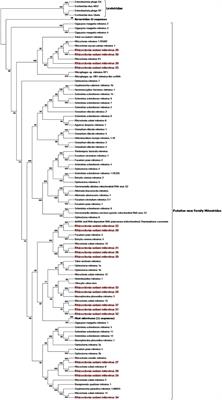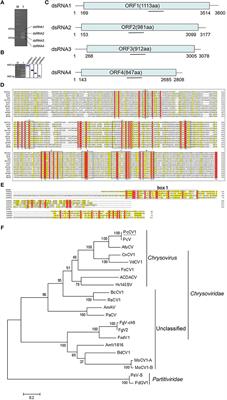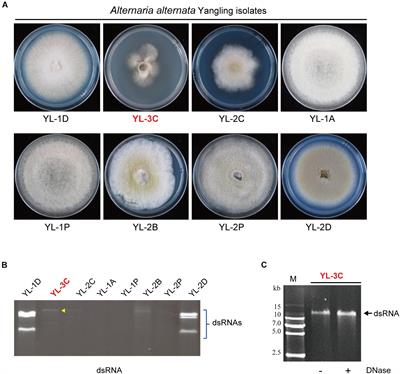EDITORIAL
Published on 22 Jan 2020
Editorial: Frontiers in Fungal Virus Research
doi 10.3389/fcimb.2019.00456
- 7,345 views
- 2 citations
25k
Total downloads
132k
Total views and downloads
Select the journal/section where you want your idea to be submitted:
EDITORIAL
Published on 22 Jan 2020
ORIGINAL RESEARCH
Published on 11 Oct 2019

ORIGINAL RESEARCH
Published on 30 Jul 2019

REVIEW
Published on 18 Jul 2019

ORIGINAL RESEARCH
Published on 12 Jul 2019

ORIGINAL RESEARCH
Published on 11 Jul 2019

ORIGINAL RESEARCH
Published on 10 Jul 2019

ORIGINAL RESEARCH
Published on 02 Jul 2019

OPINION
Published on 24 May 2019
BRIEF RESEARCH REPORT
Published on 15 May 2019

ORIGINAL RESEARCH
Published on 15 May 2019

ORIGINAL RESEARCH
Published on 28 Mar 2019


Frontiers in Fungal Biology
Frontiers in Microbiology
Frontiers in Plant Science
VirologyOffline